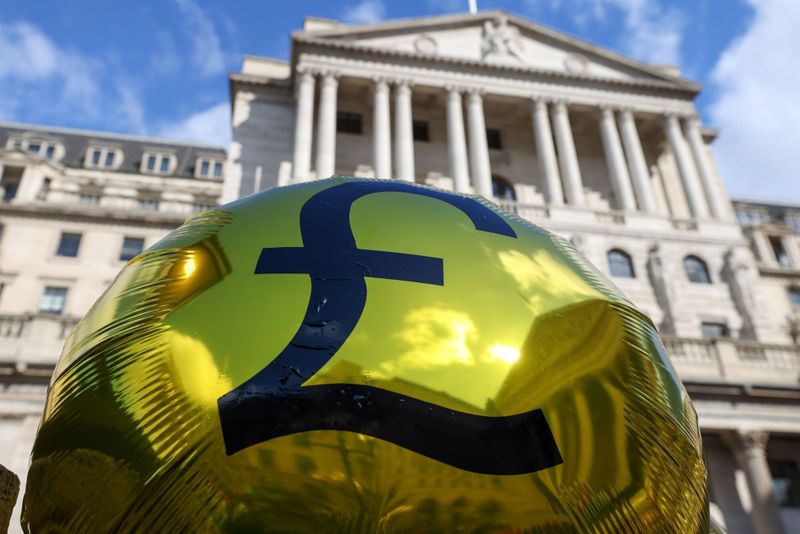Here is an analysis of how currencies like the British pound and the euro have been performing and expected to perform in the coming weeks.
HIGHLIGHTS
Against the UAE dirham, the British pound is expected to slip in the coming weeks, while the Euro is seen ending the year largely unchanged from its present levels. Here’s how you can take advantage of these upcoming rates when remitting money to the UK or anywhere in Europe.
Dubai: When it comes to sending money back home, it is vital to know whether it is currently an ideal time to remit. To understand whether it is or isn’t, one should first find out if your home currency is expected to rise or fall in the days to come.
Here is an analysis of how currencies like the British pound and the euro have been performing and expected to perform in the coming weeks, to help understand whether remitting money now is profitable or cost-effective, or should you wait it out for a few weeks for a better rate to come along.
Although the above-mentioned currencies don’t fluctuate as much as South Asian currencies like the Indian rupee, Pakistani rupee and Philippine peso, however small the changes will result in bigger savings the more money you remit.
If a currency is expected to weaken or depreciate, it’s prudent to take advantage of more remittance-friendly rates after it drops further, rather than now. But when currencies appreciate in values, it would be cost-effective to remit now, as the rates would only rise over the near term.
Against the UAE dirham, the pound is seen edging down from its current level of 0.23, enabling you to cost-effectively remit in the days to come
British pound to get stronger or weaker?
“The British pound (GBP) or Sterling’s exchange rate has been on a downward trend since the year began, which would have encouraged remittances and overseas transactions,” explained Amit Trivedi, UAE-based forex analyst and trader.
“After steady declines, the pound to US dollar exchange rate has been closer to the bottom-end of the historical trading range, which caused it to drop against UAE dirham as well. But after the Bank of England flagged on Thursday that further rate hikes can’t be ruled out, pound will stay pressured.”
This is analysts are widely flagging that the pound is unlikely to find room to rise against the US dollar, with the near-term UK outlook still “gloomy”, and the dollar seen reversing from its prolonged highs in the coming weeks after the US central bank signalled four rate cuts in 2024. “The pound, now at 1.28 against the dollar, can drop in value to 1.35 soon,” added Trivedi.
“Similarly, against the UAE dirham, the pound is seen edging down from its current level of 0.23, enabling you to cost-effectively remit in the days to come. Given that the currency will stay weak even in the months after, remittance plans will likely stay in place.”

While the weakness of the pound isn’t new, the current levels are still favourable to those looking to remit. But what else does such currency weakness mean for your money?
“Because of sterling’s fall against the dollar, UK investors now might not be the best time to invest reduced pound in shares or global stocks, which are mostly dealt with the now-strong US dollar,” noted Brody Dunn, an investment advisor at a global wealth management firm located in Abu Dhabi.
“But those with savings in the UK might finally have something to smile about as cash deposits are finally beginning to pick up, albeit still well below the rate of inflation. Given that the central bank indicated on Thursday that the economic growth is still in a state of limbo, only time will give clarity.”
How a steady Euro can affect UAE remittances
Against the US dollar, the Euro exchange rate steadied after updated economic projections from the European Central Bank indicated inflation is likely to pick up in the coming months, while also signalling rate hikes are done, noted Dunn. It is at 1.10 versus the US dollar currently.
“The rise of the Euro this year has discouraged people from remitting overseas. With the euro’s fortunes not looking to change anytime soon against the US dollar, at least anytime this week, remittance rates will continue to stay steady,” added Trivedi.
Analysts at investment banking major JP Morgan expects the Euro exchange rate, to stay steady for now against the US dollar, but hold at 1.10 in December. Forex experts widely agreed that the Euro, against the US dollar, will weaken to 1.15 later in 2024.
However, the currency will stay largely unchanged running up to such levels. This is seen reflecting against the UAE dirham as well. What this means to expats is that remittances should not be postponed for long.
With the euro’s fortunes not looking to change anytime soon against the US dollar, at least anytime this week, remittance rates will continue to stay steady
Bottom line?
“If you concern yourself with exchange rates only when you’re about to head off abroad on holiday, know that changes to the currency’s value have wider ramifications beyond the price you’ll pay overseas,” said Anil Pillai, a UAE-based banking analyst specialised in forex payments.
“When it comes to remittances, it is important to understand that, while Sterling has fallen to a level not seen for fifty years, the currency has been lower against the Euro at the height of the financial crisis in 2008, and still bounced back. So it does brighten the remittance prospects for expats.”
As of December 14, the Euro’s exchange rate was at 0.25, against the UAE dirham. As remittance trends are not expected to reverse anytime soon, it would mean that it would be comparatively cost-effective to postpone your remittance plans to when rates do, in contrast to the British pound.


